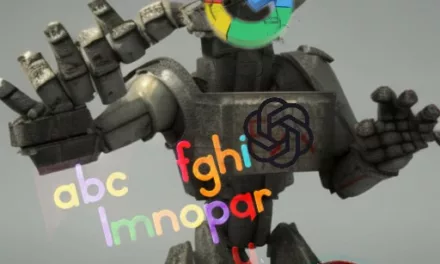The Dangers of False Information From AI Algorithms: How to Verify Accuracy and Protect Yourself
As artificial intelligence (AI) technology advances and becomes more widely used, there is an increased risk of users receiving false information from AI-based tools. AI algorithms are designed to search for information and produce results based on their programming. However, AI programs are not always reliable and can provide users with inaccurate or outdated information.
Today, AI technology is being used in a variety of ways, including search engines, online chatbots, and even translation services. AI algorithms are programmed to search for information and provide users with the most up-to-date and relevant results. However, due to their programming, AI algorithms can make mistakes and provide users with incorrect or outdated information.
False information from AI can lead to inaccurate decisions and have serious consequences. For example, an AI-powered search engine may provide outdated medical advice or legal information. This can lead to users making decisions based on incorrect information, which can have...
















